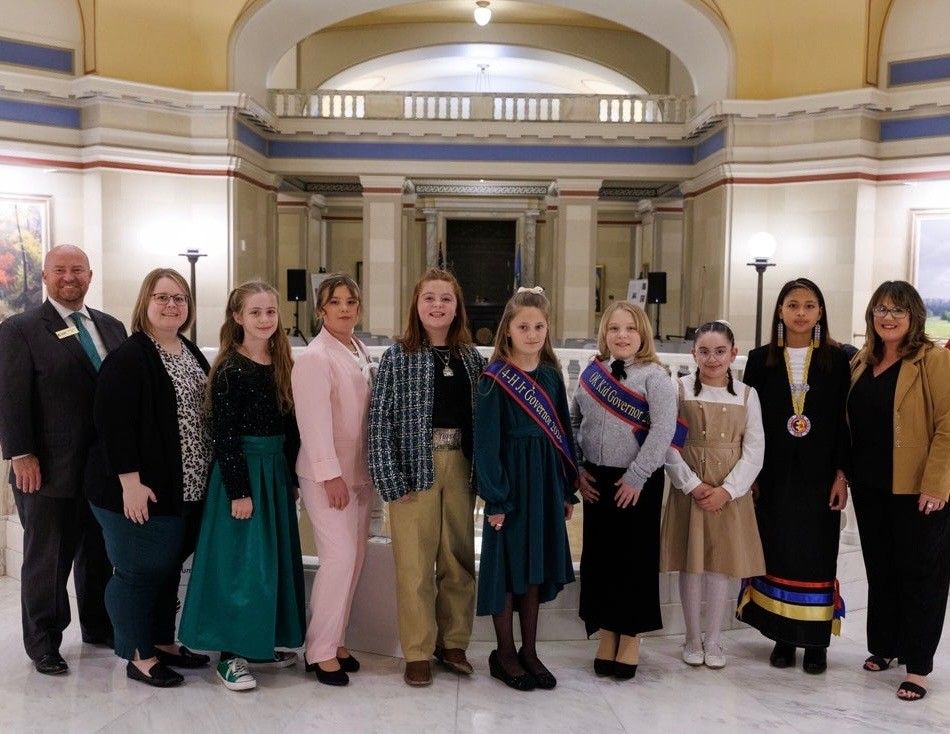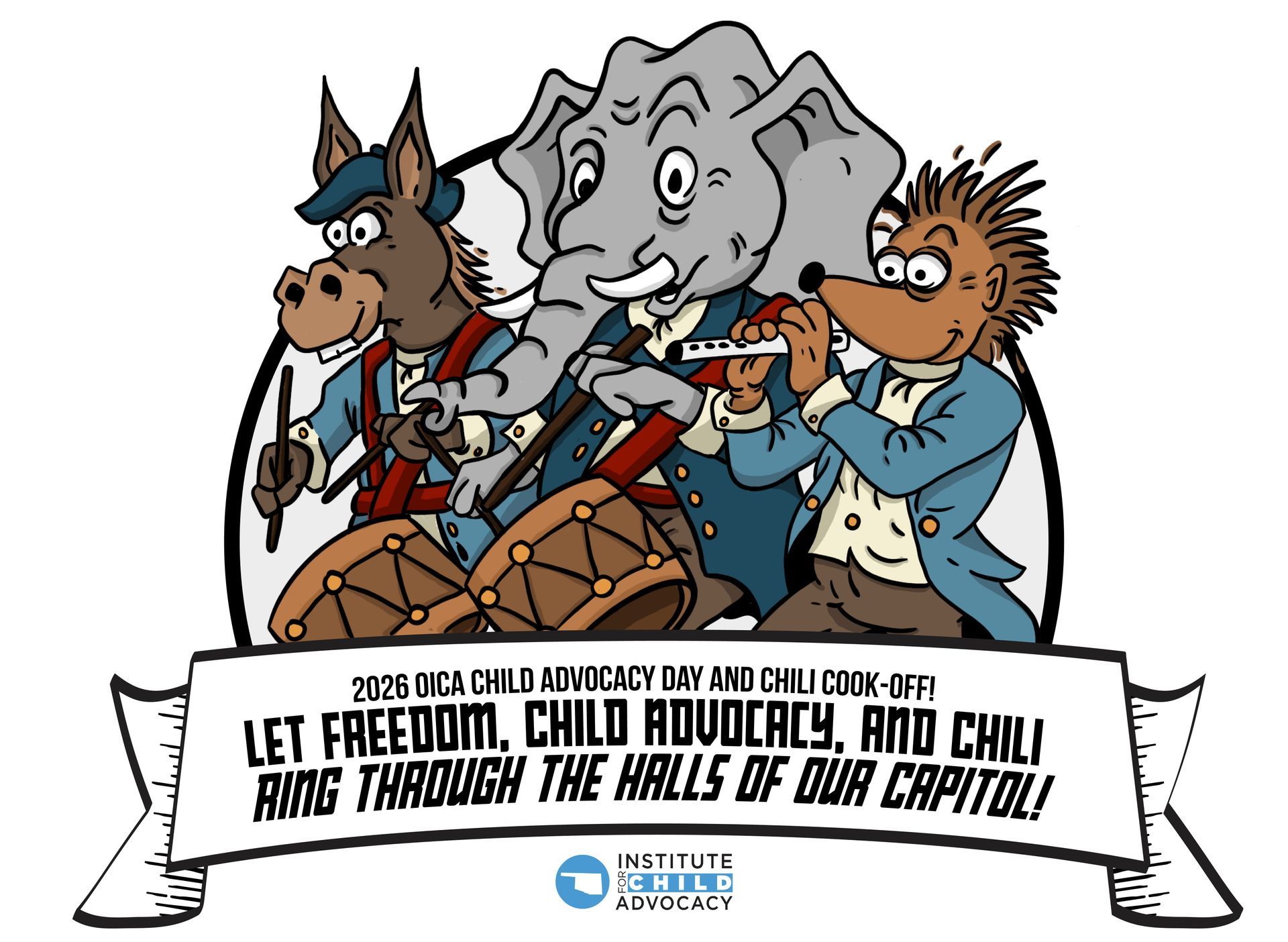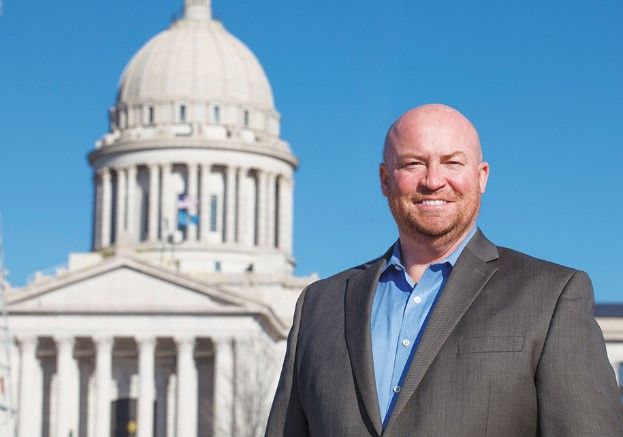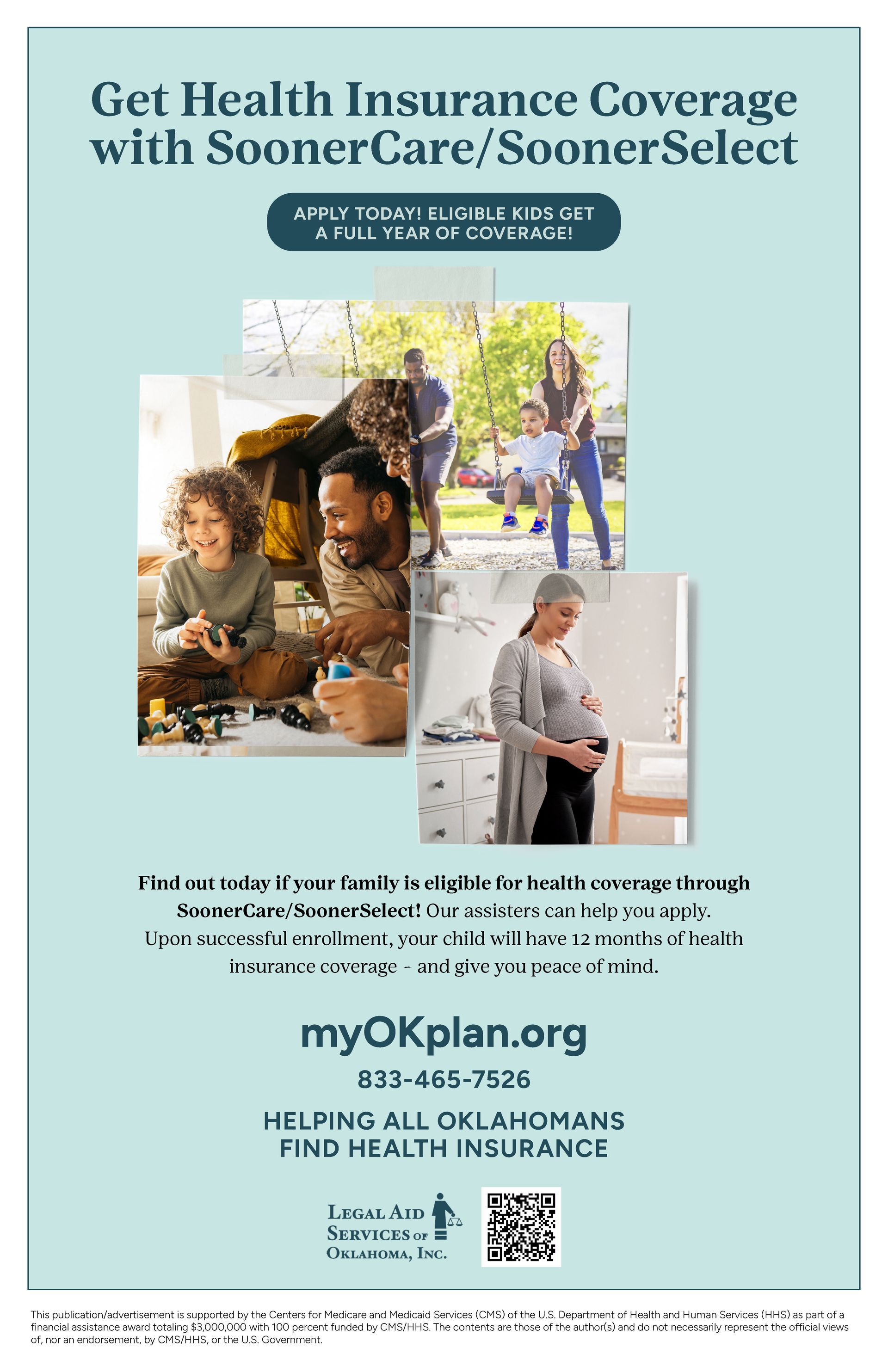Food Assistance and Health Coverage Key Factors During Government Shutdown
I want to start by saying “thank you” to the governor and Oklahoma’s legislative leaders for the commitment to allocate $1 million in state funds per week over the next seven weeks to the two major food banks to assist with food distribution during the suspension of SNAP benefits. This will help many Oklahoma families who are struggling.
Now, as Paul Harvey used to say, let’s look at the rest of the story.
The normal monthly allocation from the feds to Oklahoma for SNAP is more than $120 million per month for the 684,000 people in our state who receive benefits. At the level which the state will provide, that only equals to be $5.85 per person per month for every Oklahoman who is on SNAP.
Additionally, the food banks cannot reach every person on SNAP, and there is no specific requirement this supplement will go only to SNAP recipients due to added demands with so many government employees furloughed. With their families in need, there will be increased demand upon our food banks, statewide and local. What they can do is leverage your donation for larger amounts of food, so this is a worthy effort.
In some good news, two separate federal judges ordered the Trump Administration to use contingency funds designed to pay SNAP benefits when money is short. This is not a new thing; these funds have been used by every other administration to cover SNAP during government shutdowns. Leaders said they would not appeal the decisions, meaning SNAP could start being at least partially funded later this week.
Even with this, please do what you can to help those in your community because people are likely to face even greater struggles with Thanksgiving and other holidays coming soon.
This is not the only major concern right now for American families. Enhanced premium subsides for the Affordable Care Act (ACA) are slated to end, causing premium costs to skyrocket for many enrollees by approximately 26% in 2026. These tax credits, passed several years ago, and extended through 2025 by the Inflation Reduction Act, are set to expire. These credits lowered costs for many and made previously ineligible middle-income individuals eligible for insurance at a reduced cost.
Those Americans with incomes over 400% of the federal poverty level will lose eligibility for the enhanced credits without congressional action, forcing these significant premium hikes. Many lower-income enrollees in ACA insurance also will endure an increase in their out-of-pocket costs, something they cannot afford.
Without these tax credits, many will have to end health insurance coverage altogether due to higher costs, leading to more uninsured individuals seeking emergency care and potentially straining hospitals to the point of closure, as we have already seen in Oklahoma.
This is a central point of debate in the federal government shutdown. Many Democrat officials are refusing to vote reopen the government unless negotiations on these subsides are continued. They believe this provides leverage for them to demand the continuation of these subsidies and to lower costs for those on ACA insurance. In contrast, many Republicans do not feel this is a role of government and should be left to the private sector to meet needs, with ACA and SNAP alike.
Those wanting compromise are being drowned out by the fringe sides of both political ideologies seeking a “win” on these issues. Meanwhile, American families are facing cuts to food support, increased health insurance costs, and for government employees, a loss of their paycheck until the shutdown ends.
Please reach out to your elected leaders and share your own story about how this is impacting you, as these officials depend upon your vote to continue in office and receive their own paychecks following next November’s elections.











